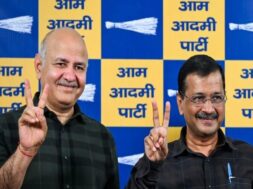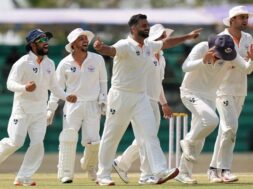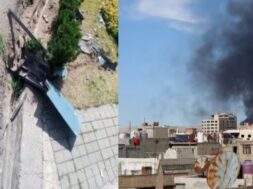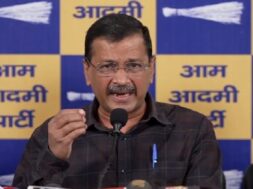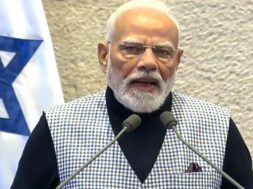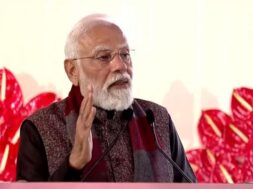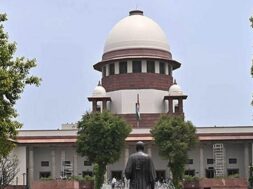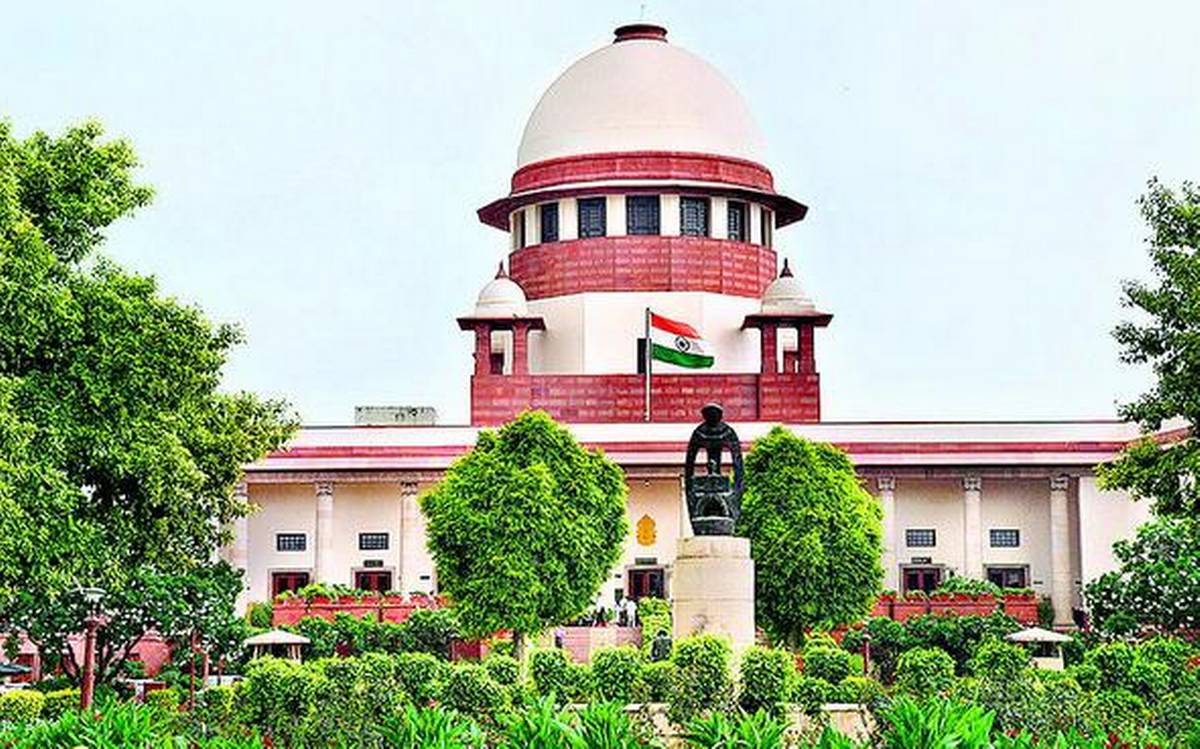
SC Express Surprise over Interpretation of UAPA but Refuse to Cancel Bail of Student Activists
Manas Dasgupta
NEW DELHI, June 18: Even while refusing to cancel the bail granted by the Delhi High Court to three student activists in the Delhi riots, the Supreme Court on Friday decided to re-examine the interpretations made of the Unlawful Activities (Prevention) Act (UAPA) and ordered that till then the high Court judgement would not be treated as a precedence by any court in the country.
Expressing surprise over the Delhi High Court writing a 100-page judgement granting bail to the three student activists facing charges under UAPA in the Delhi riots conspiracy case, a bench of Justices Hemant Gupta and V Ramasubramanian said the order can’t be treated as a precedent.
“The way it has been interpreted probably will require examination by the Supreme Court,” the bench said. The Supreme Court issued notice on the Delhi Police’s appeal against the High Court order granting bail to Pinjra Tod activists Natasha Narwal, Devangana Kalita and Asif Iqbal Tanha who were released from the Tihar jail on Thursday following the court order.
“In a bail application, 100 pages of judgment and judges discussing all laws… that’s what is surprising us…The way UAPA has been interpreted by the high court, probably will require examination by us,” the bench said.
“It’s troubling that the high court has gone on to narrow down the scope of the UAPA in a bail application when there was no challenge to the statute,” it noted. Terming it an “important issue” that can have pan-India ramifications, the top court said, “Let the counter be filed in four weeks… Meantime this (Delhi HC) order will not be treated as a precedent by any party before any court,” while posting the matter for hearing in the week starting from July 19.
However, the three accused will remain out as it said the relief granted to them would not be affected at this stage.
The top court acknowledged that discussing all laws in a bail hearing was “something very surprising”, and said: “We agree. There are many questions that arise. The issue is important and can have pan-India ramifications. We would like to issue notice and hear the other side.”
However, the court also noted that bail had, in fact, been granted.
“They (the activists) will not be affected, but we will stay the effect of the High Court order,” it said.
Solicitor General Tushar Mehta sought a stay on the HC order stating that it had turned the UAPA and the Constitution on its head. Mehta said the high court’s findings called for acquittal of the accused and others were also moving for bail based on this judgement.
The SG said hundreds were injured in the riots, but the court said since the riots were controlled, there was no offence. “That is like saying that though someone places a bomb, the intensity of the offence is reduced because it was diffused by bomb disposal squads,” the SG said.
“It’s virtually an acquittal order. The trial court will have to entertain a discharge application and replace it with this judgment,” the Solicitor General submitted.
“Right to protest, how does it include right to kill people?” Mehta said, adding 53 people were killed and 700 others injured in the Delhi riots that happened during the then US President Donald Trump’s India visit last year.
On behalf of the accused, senior advocate Kapil Sibal opposed Mehta’s submission and urged the court not to stay the HC verdict.
Holding that right to protest is a fundamental right which can’t be termed as a ‘terrorist act’, the Delhi High Court had on Thursday granted bail to the three student activists who faced charges under various provisions of the IPC and the UAPA in Delhi riots conspiracy case.
The high court had said it was constrained to note that in its anxiety to suppress dissent and in the morbid fear that matters may get out of hand, “the state has blurred the line between the constitutionally guaranteed ‘right to protest’ and ‘terrorist activity’. If such blurring gains traction, democracy would be in peril.” Terming as “somewhat vague” the definition of ‘terrorist act’ under the UAPA, the HC had cautioned against its use in a “cavalier manner”.
Natasha Narwal, 32, Devangana Kalita, 31 and Asif Tanha, 25, were arrested in May, last year. Ms Narwal and Ms Kalita are PhD students at the Department of Women’s Studies in Jawaharlal Nehru University. Mr Tanha is a BA student at Jamia Millia Islamia.

